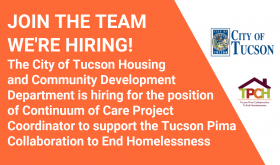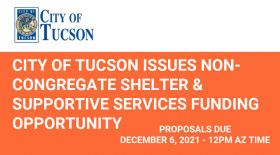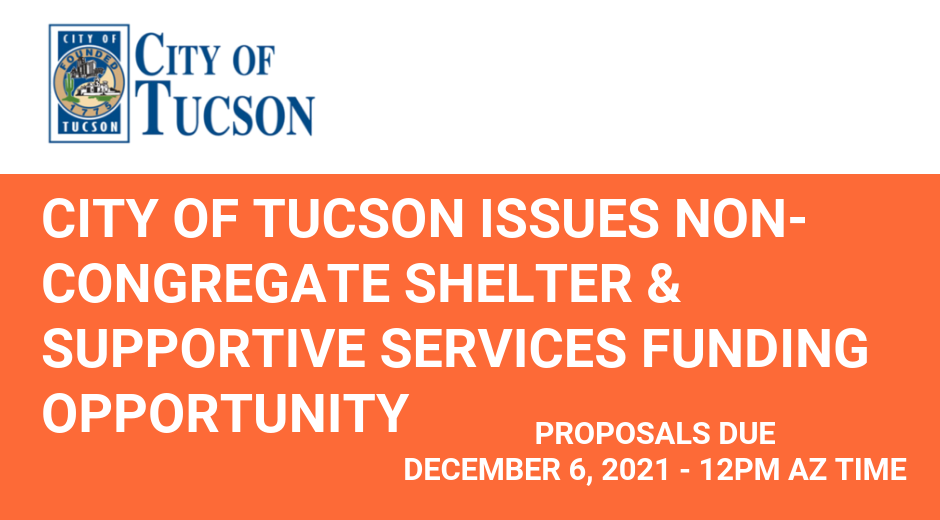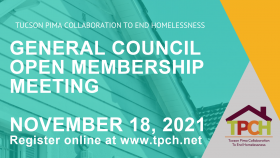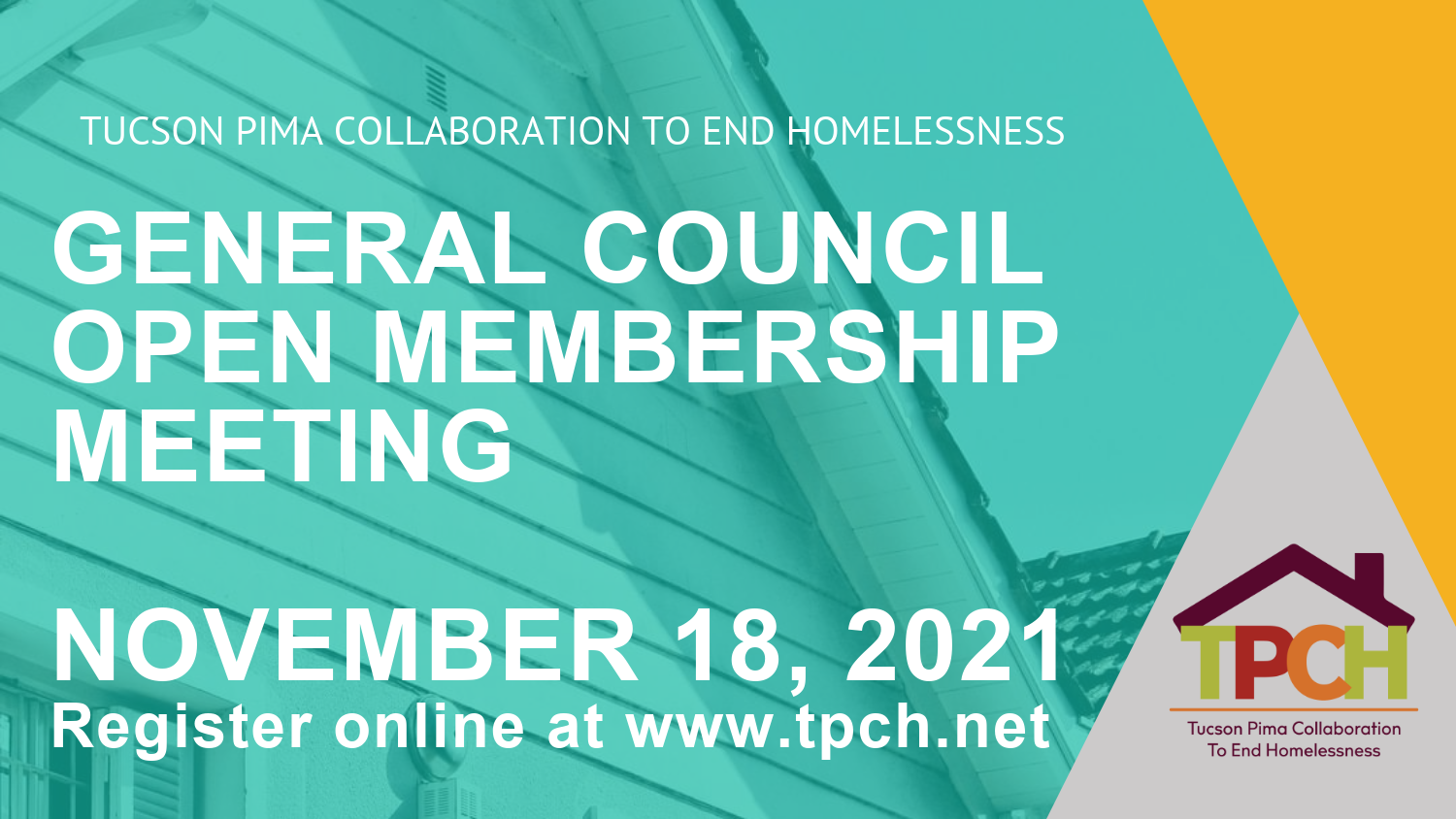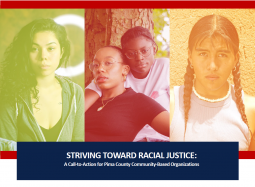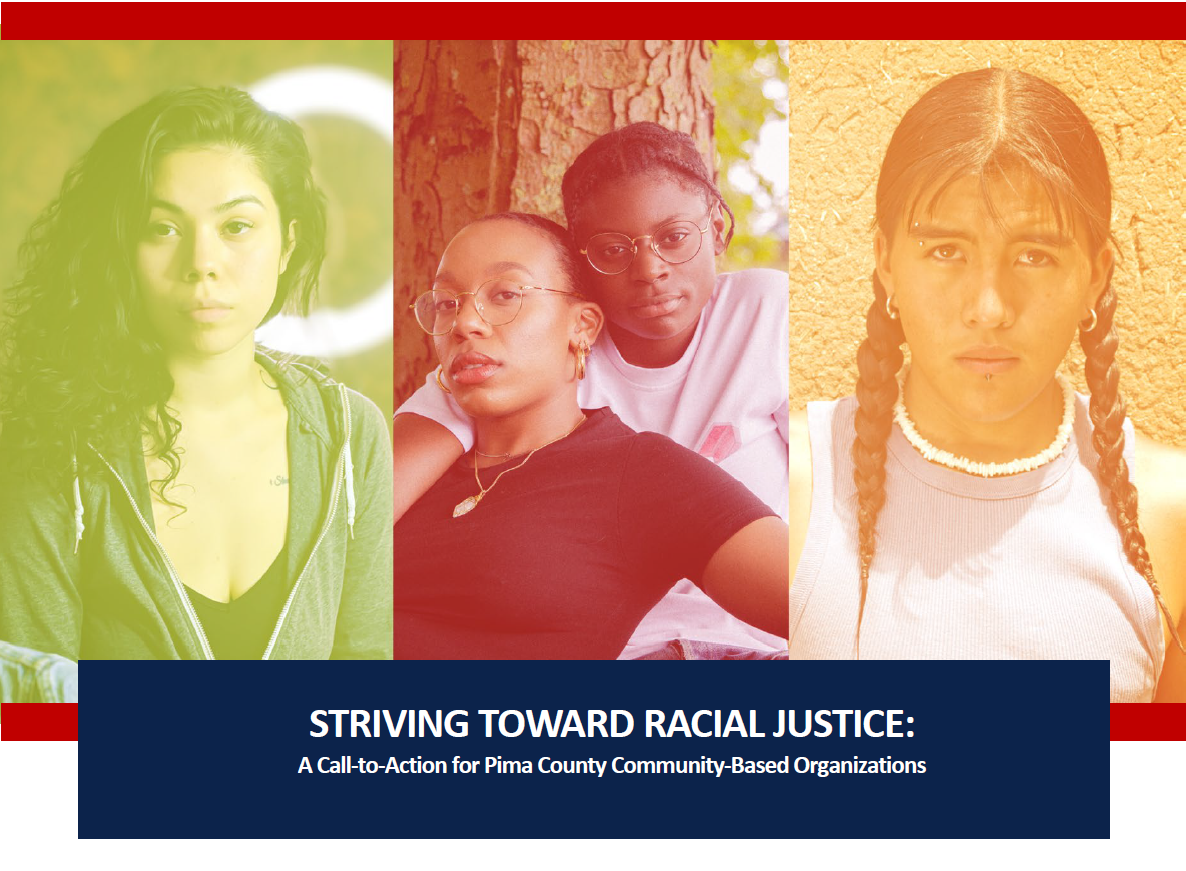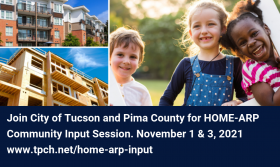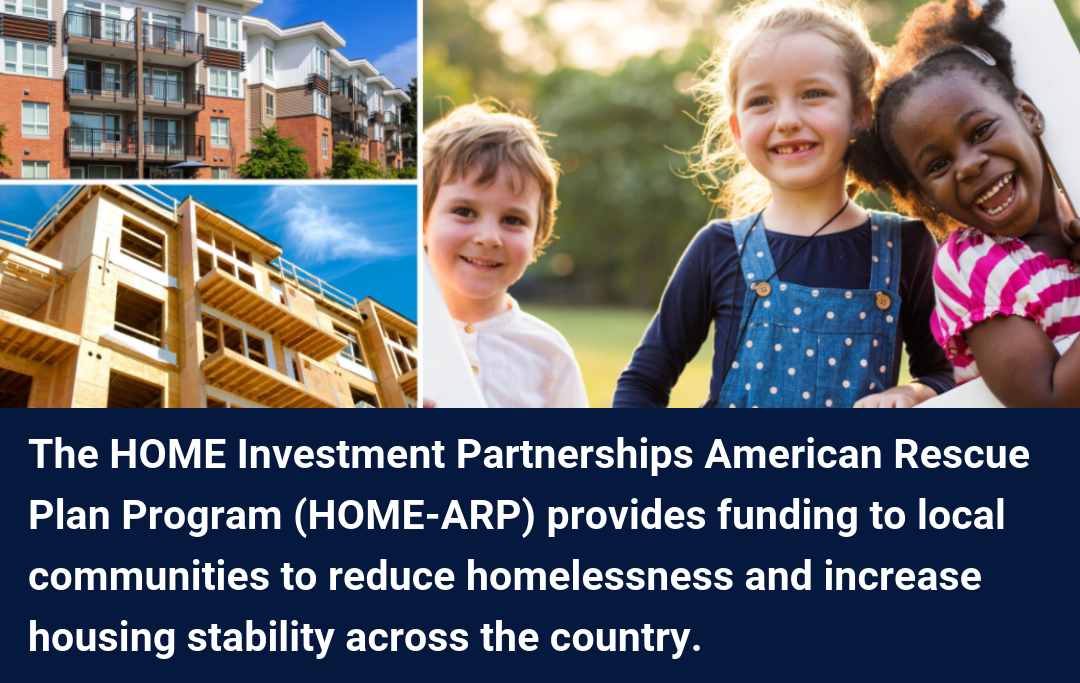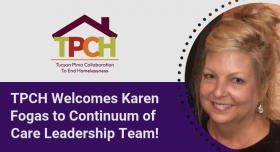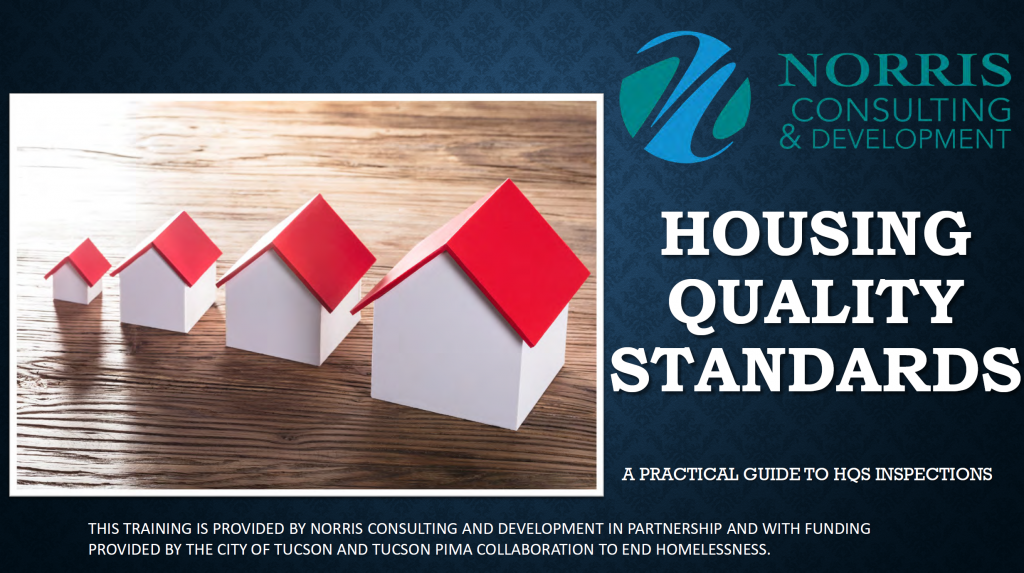
TPCH Adds Housing Quality Standards Inspection Training
to the TPCH Online Training Center
You asked and we listened! Housing Quality Standards (HQS) inspection training is costly. This is especially true for organizations conducting HQS inspections as required for units assisted with Continuum of Care, Youth Homelessness Demonstration Project, Emergency Solutions Grant, and Housing Opportunities for Persons with AIDS programs which do not require certified inspectors.
HUD requires that all HQS inspectors receive HQS inspection training; however, there are limited cost-effective training resources for programs which do not require certified inspectors. Please note that all units assisted through programs administered by the Public Housing Agency (including Section 8, Public Housing, Specialty, and HOPWA vouchers) must be inspected by certified inspectors.
How Much Does the TPCH Training Cost?
The TPCH Non-Certified HQS Inspector Training is available at no cost for staff of TPCH member agencies. The training modules are available on demand within the TPCH Online Training Center, along with dozens of other training topics relevant to the work of homeless services staff. Our on demand training platform allows staff to access the training resources they need 24 hours/day, 7 days/week.
Who Can Benefit from TPCH’s HQS Inspection Training?
This training is appropriate and meets HUD requirements for non-certified HQS Inspectors. Non-certified HQS Inspectors are eligible to complete HQS inspections for units assisted through the CoC, YHDP, and HOPWA programs, excluding units which also receive vouchers through the Public Housing Authority. HQS standards exceed housing habitability standards required for ESG-assisted units and non-certified HQS inspectors may complete Housing Habitability Standard inspection or HQS inspection for ESG-assisted units.
If the unit assisted receives a voucher through the Public Housing Authority, inspections must be completed by a certified inspector. This training does not lead to certification and cannot be used to prepare inspectors for voucher or public housing inspections.
If your are unsure whether your program requires certified inspectors, please email tpch@tucsonaz.gov for guidance.
What Does the Training Cover?
The training is divided into 12 modules which can be completed in separate sittings ranging from 15-50 minutes/module. The total training series is approximately 5 hours long and includes:
Module 1 – HQS Overview and Administration
Module 2 – HQS Scheduling
Module 3 – General HQS Requirements
Module 4 – General Room Requirements
Module 5 – Kitchens, Bathrooms, and Plumbing
Module 6 – Heating and Cooling
Module 7 – Exterior and Lead Based Paint
Module 8 – General Health & Safety
Module 9 – Conducting HQS Inspections – Part 1 (Practical Inspection Strategies)
Module 10 – Conducting HQS Inspections – Part 2 (HQS Inspection Walk Through)
Module 11 – Completing the HUD HQS Inspection Checklist
Module 12 – Tenant Communications and Relationships
What Else is Included?
The training series includes a number of resources that can be downloaded and used in your HQS Inspection administration. These tools include:
Resource 1 – HQS Training Slide Deck
Resource 2 – Tenant Communications and Relationships Slide Deck
Resource 3 – Annual Inspection Letter Template
Resource 4 – Failed Inspection Letter Template
Resource 5 – Passed Inspection Letter Template
Resource 6 – Quality Control Inspection Letter Template
Can I Get Proof of Completion?
Participants will automatically receive a certificate of completion through the TPCH Online Training Center once they have completed all modules and obtained a passing score on the training exam. The certificate of completion should be saved by the staff member and their employer as evidence of having completed HQS Inspection training.
How do I get started?
Click here or visit www.tpch.net and select “E-Learning” from top toolbar to access the TPCH Online Training Center. Once you’re logged in, search for Housing Quality Standards Inspection Training from the course catalog to register and begin training on your time.
First time using the Online Training Center?
If you have not accessed the online training center within the past 90 days, you will need to submit a registration request following the instruction provided. TPCH staff will confirm your affiliation with a member organization before approving your registration. This can take 2-3 business days and must be complete before you will have access to the training catalog.

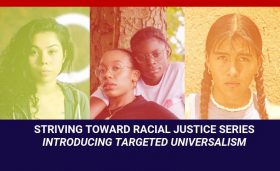
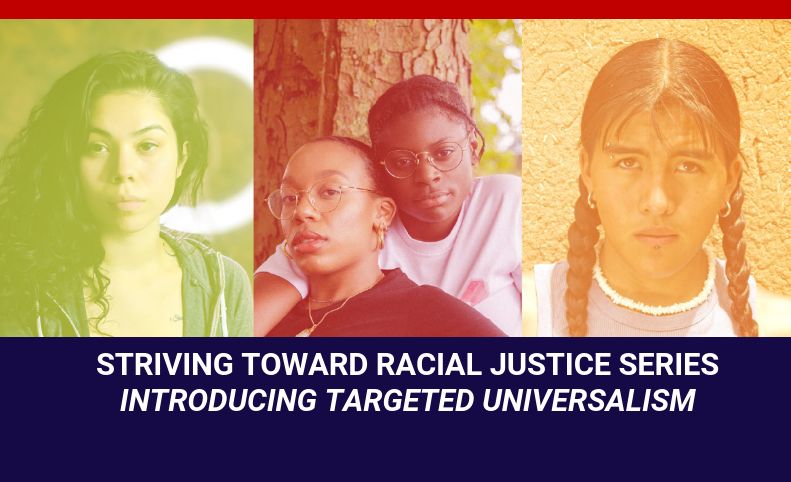


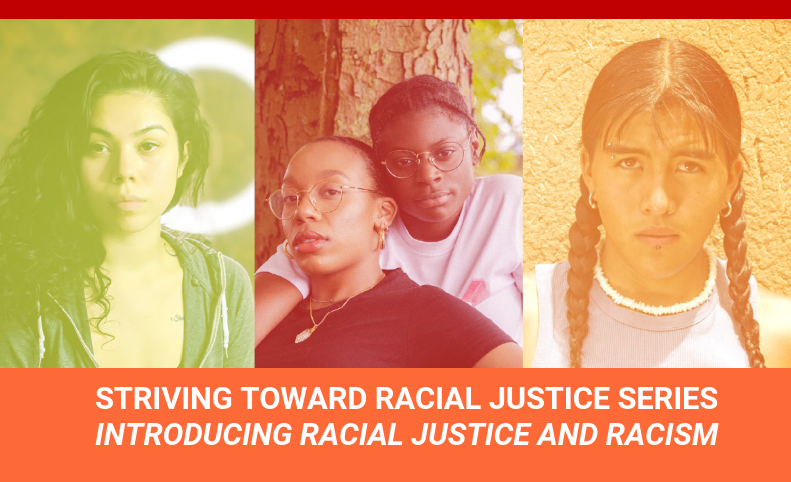
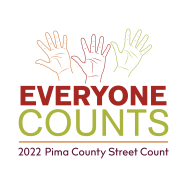
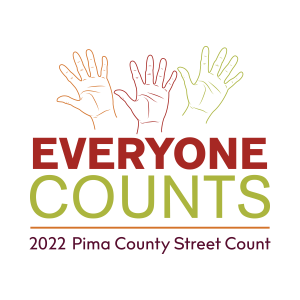 Volunteers Needed for 2022 Pima County Street Count
Volunteers Needed for 2022 Pima County Street Count